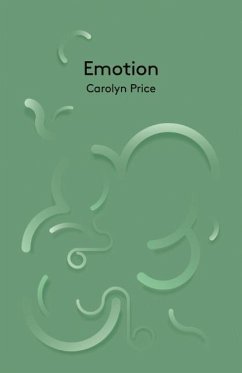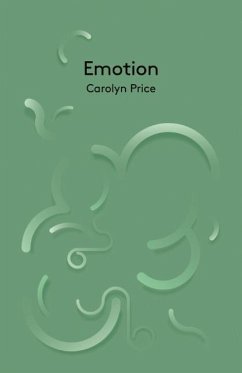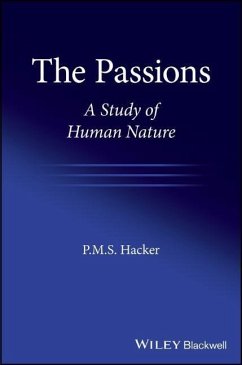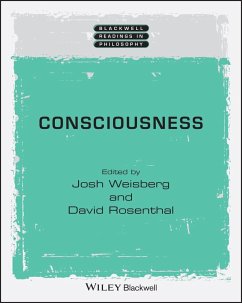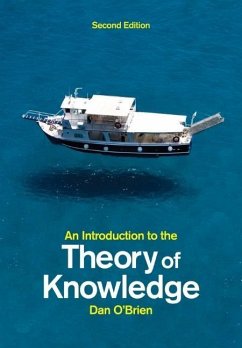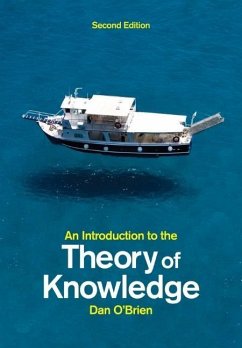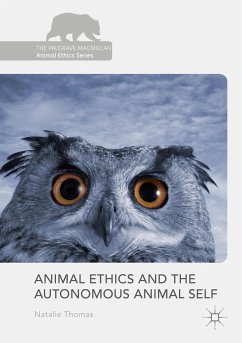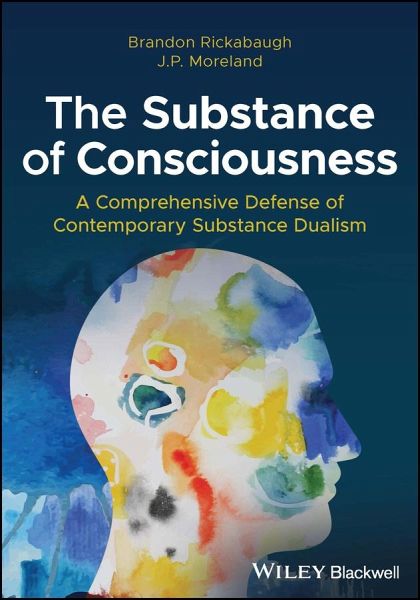
The Substance of Consciousness
A Comprehensive Defense of Contemporary Substance Dualism

PAYBACK Punkte
22 °P sammeln!
A singularly powerful and rigorous argument in favor of modern substance dualismIn The Substance of Consciousness: A Comprehensive Defense of Contemporary Substance Dualism, two distinguished philosophers deliver a unique and powerful defense of contemporary substance dualism, which makes the claim that the human person is an embodied fundamental, immaterial, and unifying substance. Multidisciplinary in scope, the book explores areas of philosophy, cognitive science, neuroscience, and the sociology of mind-body beliefs.The authors present the most comprehensive, up-to-date, and rigorous non-ed...
A singularly powerful and rigorous argument in favor of modern substance dualism
In The Substance of Consciousness: A Comprehensive Defense of Contemporary Substance Dualism, two distinguished philosophers deliver a unique and powerful defense of contemporary substance dualism, which makes the claim that the human person is an embodied fundamental, immaterial, and unifying substance. Multidisciplinary in scope, the book explores areas of philosophy, cognitive science, neuroscience, and the sociology of mind-body beliefs.
The authors present the most comprehensive, up-to-date, and rigorous non-edited work on substance dualism in the field, as well as a detailed history of how property and substance dualism have been presented and evaluated over the last 150 years. Alongside developing new and updated positive arguments for substance dualism, they also discuss key metaphysical notions and distinctions that inform the examination of substance dualism and its alternatives.
Readers will also find:
_ A thorough examination of the recent shift away from standard physicalism and the renaissance of substance dualism
_ Comprehensive explorations of the likely future of substance dualism in the twenty-first century, including an exhaustive list of proposed research projects for substance dualists
_ Practical discussion of new and rigorous critiques of significant physicality alternatives, including emergentism and panpsychism.
_ Extensive treatments of philosophy of mind debates about the roles played by staunch/faint-hearted naturalism and theism in establishing or presuming methodology, epistemic priorities, and prior metaphysical commitments
Perfect for professional philosophers, The Substance of Consciousness will also earn a place in the libraries of consciousness researchers, philosophical theologians, and religious studies scholars.
In The Substance of Consciousness: A Comprehensive Defense of Contemporary Substance Dualism, two distinguished philosophers deliver a unique and powerful defense of contemporary substance dualism, which makes the claim that the human person is an embodied fundamental, immaterial, and unifying substance. Multidisciplinary in scope, the book explores areas of philosophy, cognitive science, neuroscience, and the sociology of mind-body beliefs.
The authors present the most comprehensive, up-to-date, and rigorous non-edited work on substance dualism in the field, as well as a detailed history of how property and substance dualism have been presented and evaluated over the last 150 years. Alongside developing new and updated positive arguments for substance dualism, they also discuss key metaphysical notions and distinctions that inform the examination of substance dualism and its alternatives.
Readers will also find:
_ A thorough examination of the recent shift away from standard physicalism and the renaissance of substance dualism
_ Comprehensive explorations of the likely future of substance dualism in the twenty-first century, including an exhaustive list of proposed research projects for substance dualists
_ Practical discussion of new and rigorous critiques of significant physicality alternatives, including emergentism and panpsychism.
_ Extensive treatments of philosophy of mind debates about the roles played by staunch/faint-hearted naturalism and theism in establishing or presuming methodology, epistemic priorities, and prior metaphysical commitments
Perfect for professional philosophers, The Substance of Consciousness will also earn a place in the libraries of consciousness researchers, philosophical theologians, and religious studies scholars.




